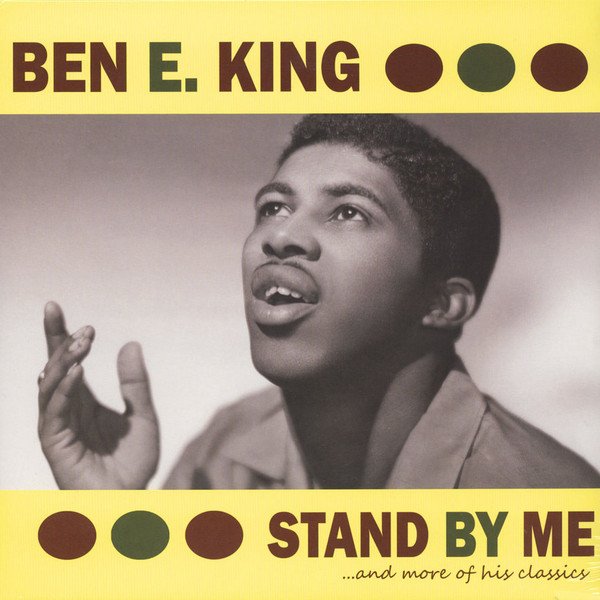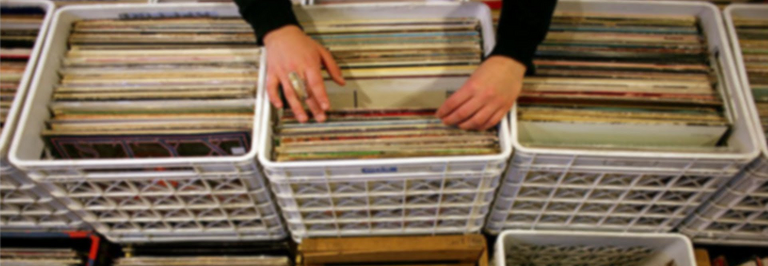Sampling some Arabic Fairuz music and Making a Boom Bap HipHop Beat
Small snipet from a studio session last night, chopping some Middle Eastern Fairuz music and building around it a Boom Bap style HipHop beats then adding some scratches.
A big part of making music is the discovery aspect, is the surprise aspect. That's why I think I'll always love sampling. Because it involves combining the music fandom: collecting, searching, discovering music history, and artifacts of recording that you may not have known existed and you just kind of unlock parts of your brain...
Sampling Have you ever heard a brand new song on the radio and realized that it sounds familiar? It's not really a cover of an old song, but perhaps it used a well-known bass line and repackaged it into a new arrangement -- much like Sean Kingston's 2007 "Beautiful Girls" borrowed from Ben E. King's 1961 classic, "Stand by Me." Another famous example is how Vanilla Ice borrowed the bass line from Queen and David Bowie's "Under Pressure" for his hip-hop song, "Ice Ice Baby."

Or maybe it's more subtle than that. A modern hit song could have taken a 6-second drum sample from a lesser-known, 40-year-old funk recording. Indeed, this is the case for literally thousands of songs, mostly from the hip hop and rap genres, which have borrowed the drum break from 1969's "Amen Brother," a B-side song from a group called the Winstons. Another one of the most sampled pieces is the drum break from James Brown's 1970 song, "Funky Drummer".
This kind of musical borrowing is known as sampling. We should note that the term "sampling" can also refer to the process of turning music into digital data. In this article, we'll be talking about sampling as the process of incorporating a track from a previously recorded song into a brand new song.
But it's usually not just a matter of recording a drum break and simply plopping it into another song. It'll often involve taking a portion of the drum break -- even just a few slaps of the snare drum -- and looping it, or repeating the sampled section over and over to form a "loop." For instance, LL Cool J looped a section of the drums from "Funky Drummer" throughout his 1990 song, "Mama Said Knock You Out." Talented artists can sample more than one song at once. That same LL Cool J song, for instance, also happens to sample several other tracks, including a loop of background vocals from 1967's "Trip to Your Heart" by Sly and the Family Stone. Sampling can also involve creative manipulations, such as changing the speed or pitch of the original sample.
Few deny that it takes talent to sample a classic song effectively and use it in a new, creative way. And the practice has played a major role in shaping the entire genre of hip-hop. But sampling has had a long history and more complex legal implications than many people realize.
▶️ 3Speak
